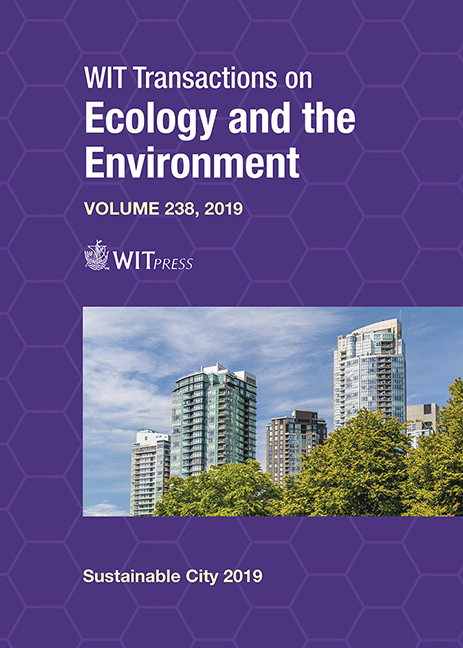LONG TERM SUSTAINABLE DEVELOPMENT OF PRAGUE, CZECH REPUBLIC: PROPOSAL FOR CHANGES IN ADMINISTRATIVE DIVISION FOR THE AUTHORIZATION OF NEW CONSTRUCTION
Price
Free (open access)
Transaction
Volume
238
Pages
11
Page Range
35 - 45
Published
2019
Paper DOI
10.2495/SC190041
Copyright
WIT Press
Author(s)
JAROMÍR HAINC, TOMÁŠ HUDEÈEK, JIØÍ ÈTYROKÝ, ZUZANA VOJTÍŠKOVÁ, ALŽBETA GARDOÒOVÁ
Abstract
Prague is facing problems with affordable housing. The premise of the study is that in the market driven environment supplied mostly by private development, the length and complexity of the building process (from initial study to building approval) is a key factor. Public investment is lacking while the length of the approval process becomes longer every year in the Czech Republic. The study focuses on Prague, which has the biggest housing market. Roughly four apartments are built per 1,000 inhabitants, which means around 5,000 apartments per year in the city of Prague. The demand for apartments is estimated to be between 6,000 to 8,000 per year. According to the World Bank, the Czech Republic is ranked 156th in terms of time required for building. The length of project preparation from the initial stage to finalization in Prague is very long, taking up to 10 years. Even the OECD shows that as the fragmentation of administration increases, production decreases. The study examines possible ways to improve governance and administration and thus improve the building process to ensure a sustainable city for all. The article will present ways to make planning and building permit procedures more flexible and effective by changing local government responsibilities for various types of planning and building permit procedures. The governance structure will be derived from the several analyses provided by GIS and use a new planning division proposed by the new Land Use Plan of Prague. Research combines expert knowledge, based on deep analyses using data collected at the Institute. Different possible administrative divisions will be justified with possible interactions calculating density, local character, distance to centers, number of permits issued and complexity of the area.
Keywords
governance, building permit process, housing, development trends





